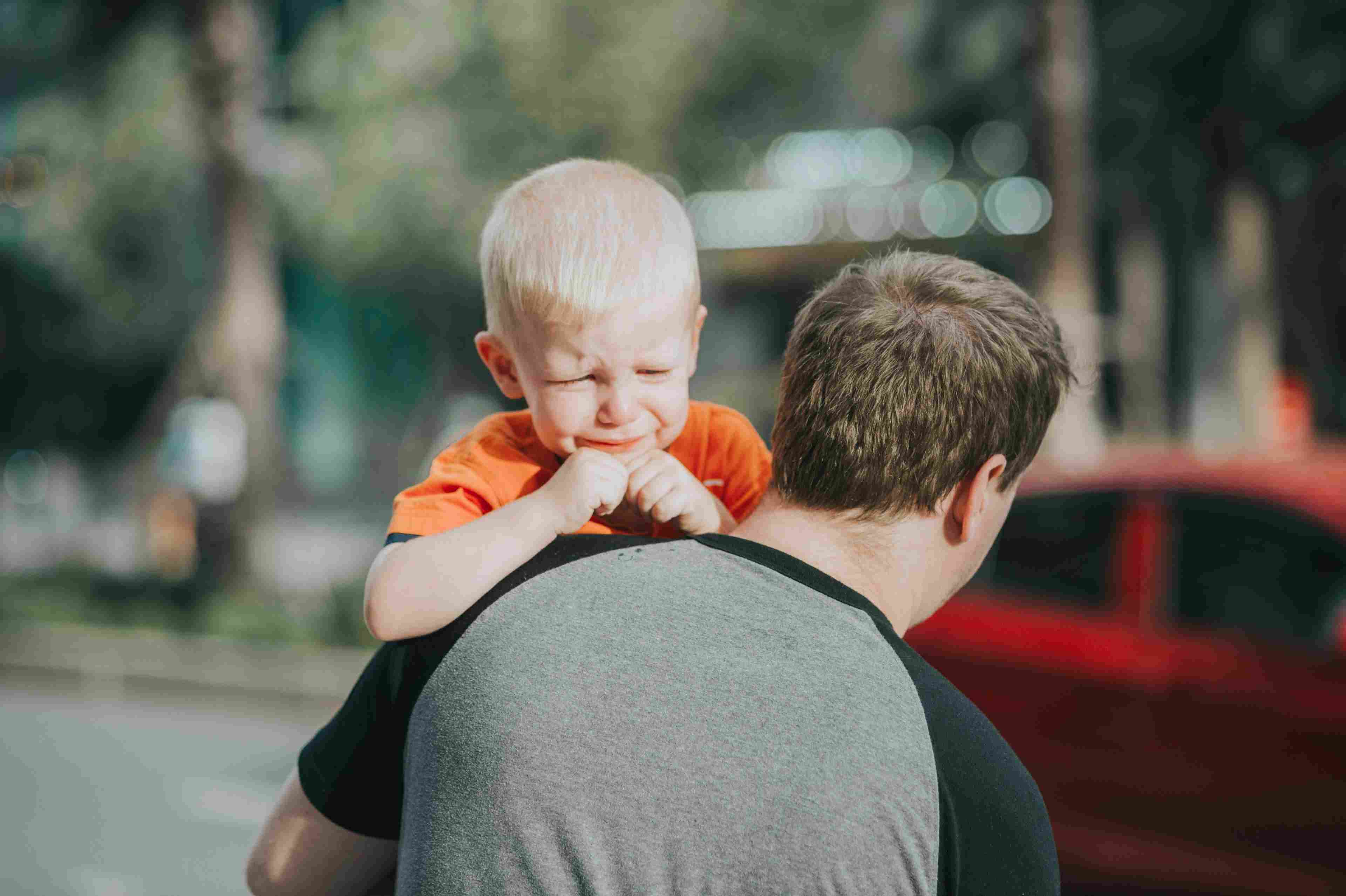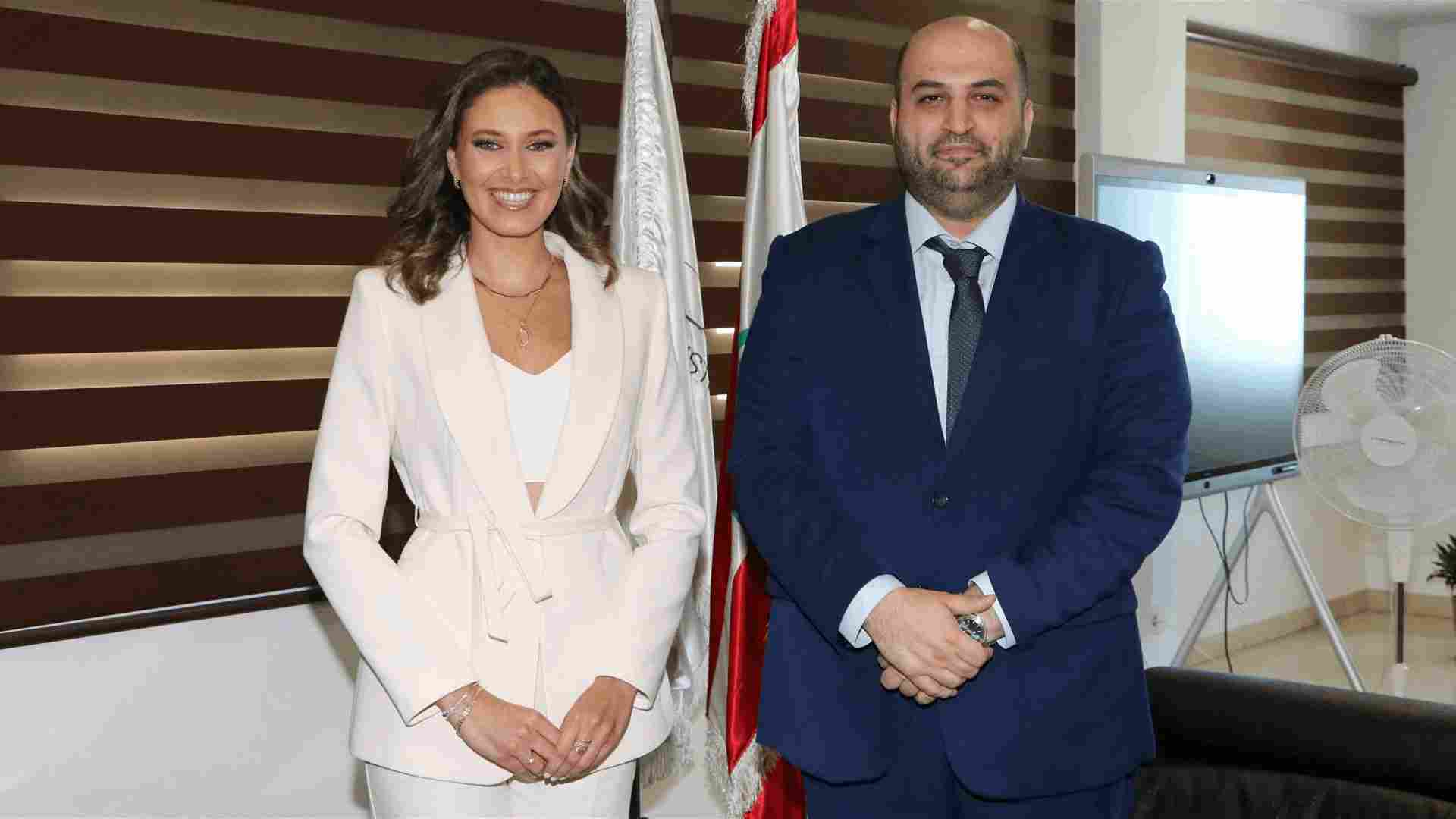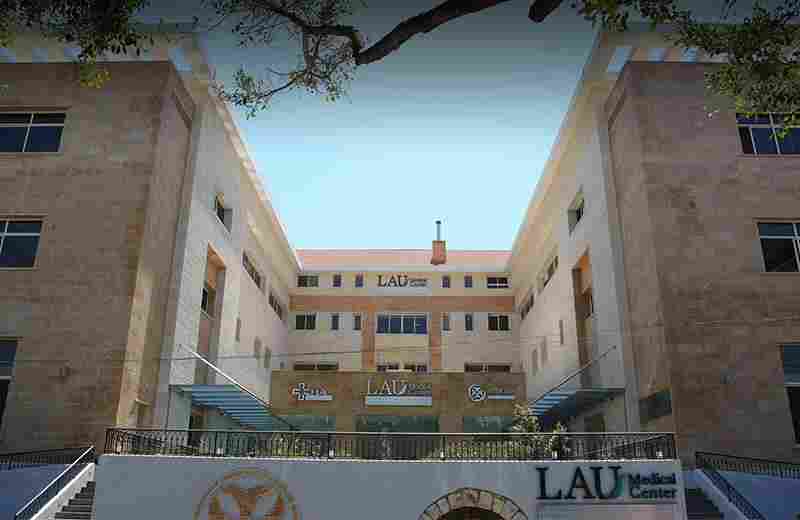
Baalback, Lebanon (Enmaeya News) — Lebanon’s youth have grown up amid crisis — from economic collapse and political instability to the devastation of the 2024 war. For many adolescents, these challenges have damaged mental well-being and reshaped daily life.
Rising to meet this need, faculty at the Lebanese American University (LAU) launched COPE for HOPE, a community-based program aimed at improving quality of life, mental health and nutrition for marginalized youth in vulnerable areas. The initiative is funded by the LAU President’s Intramural Research Fund (PIRF).
The program adapts the COPE model — Creating Opportunities for Personal Empowerment — developed by Bernadette Melnyk, CEO and founder of COPE2Thrive LLC. Using cognitive behavioral therapy (CBT) skill-building, COPE helps reduce negative thinking, build healthy habits, and improve communication and problem-solving. Global research shows it can ease psychological distress while boosting self-esteem and coping skills.
The Baalback Cultural Council (BCC) hosted the program for Lebanese teens aged 14 to 17. Over seven sessions, participants learned to manage stress, reframe unhelpful thoughts, build emotional resilience, and adopt healthier lifestyle choices.
Local psychologists led the sessions after receiving training and support from Associate Professor at LAU’s Alice Ramez Chagoury School of Nursing Rita Doumit, and School of Arts and Sciences associate professors Myriam El Khoury-Malhame and Nadine Zeeni. The program was tailored to fit Lebanon’s cultural context.
The model was first tested in Beirut in a 2017 pilot study. This was its first use with rural Lebanese youth after a series of unprecedented national challenges, with a dual focus on mental and nutritional education to highlight the link between mental and physical health.
“In Lebanon, body image is a major concern for both boys and girls,” said Zeeni, whose research focuses on eating behaviors.
Activities included role-play exercises for positive self-talk and relaxation, group problem-solving for issues like bullying and family conflict, and goal-setting tasks to track progress. Between sessions, teens completed homework assignments and received text reminders to reinforce skills.
“It is vital to build on the strengths and resilience of this age group,” said El Khoury-Malhame, principal investigator of the study, who researches risk factors for trauma-related distress and post-traumatic growth. “We teach habits like cognitive restructuring, breathing, healthy eating and sleeping to raise emotional intelligence and model better ways to handle challenges.”
She added that while Lebanon faces heavy social and economic burdens, “institutionalized programs tackling mental health and wellness are scarce.”
Preliminary results show fewer symptoms of depression and anxiety, better self-esteem, and improvements in sleep and stress management. Participants also reported less panic and a stronger sense of community.
“We are proud of our new mental health ambassadors,” Doumit said at the June 29 closing ceremony. “We are counting on them to challenge defeatist narratives and focus on resilience.”
The event honored 86 participants with certificates and was attended by parents, BCC’s principal, and the presidents of Baalback Municipality and the Union of Municipalities of Baalback.
The LAU team plans to seek outside funding to expand the program nationwide, with the goal of embedding it into the Lebanese school curriculum.







